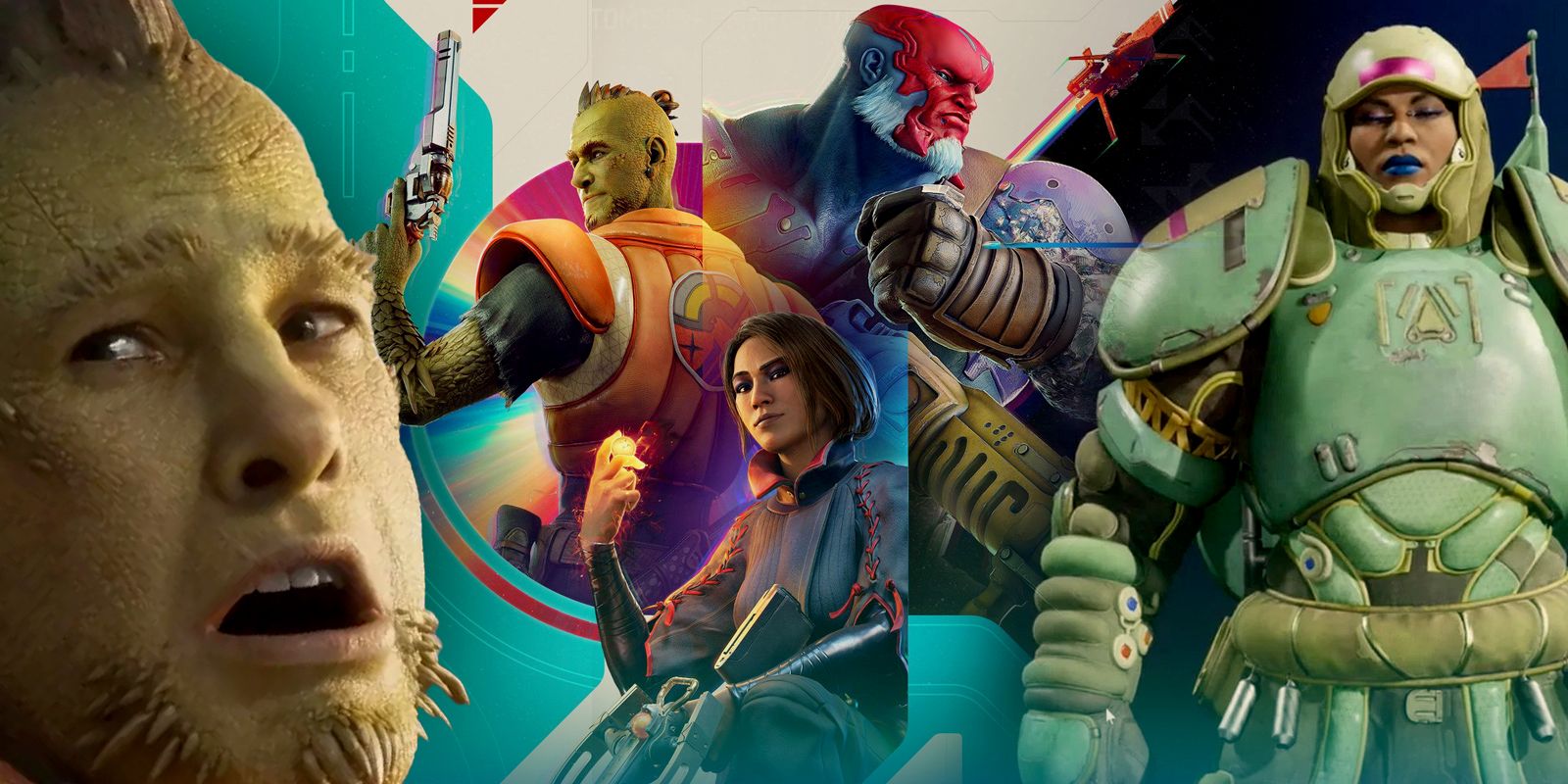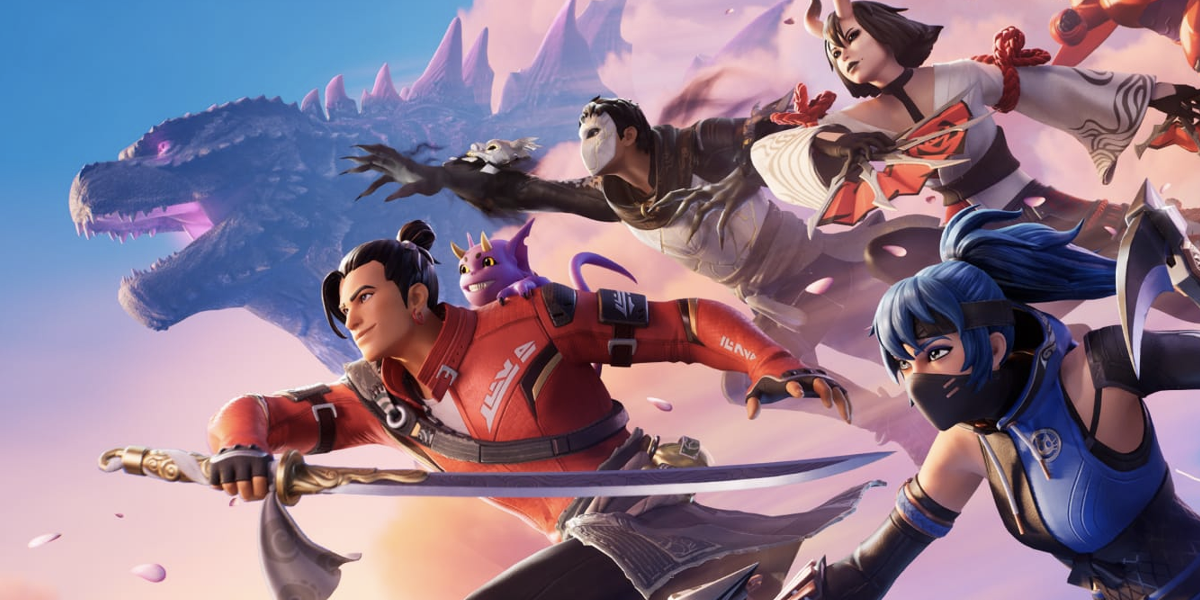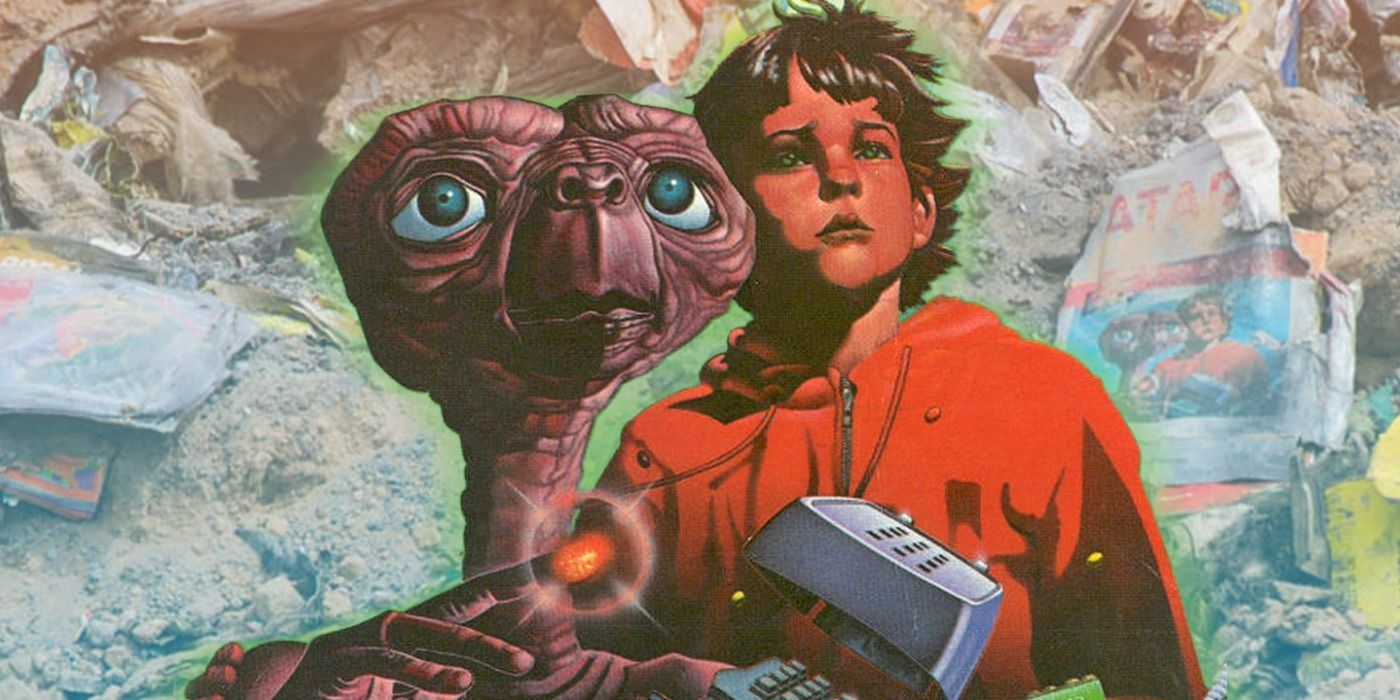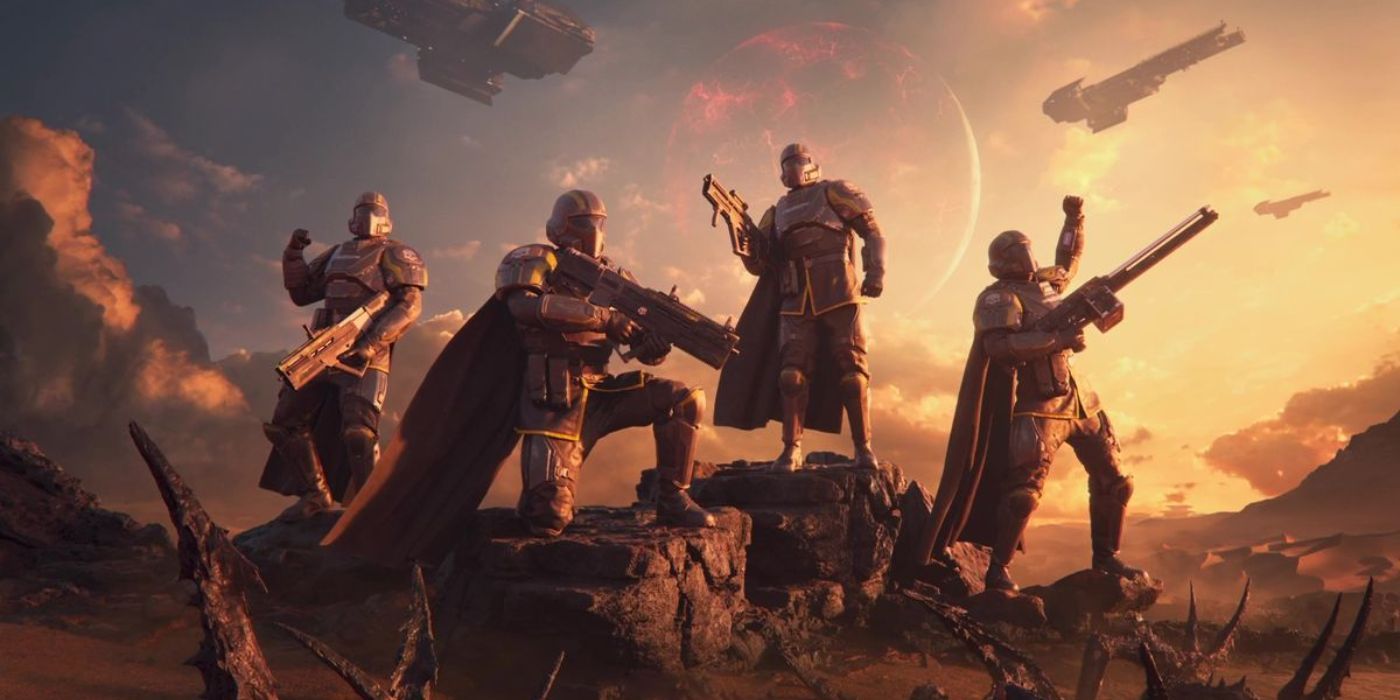
While Concord was an unprecedented catastrophe, there may be a silver lining behind the game’s failure. Concord was a live-service title, a type of game designed to be played over an extended period of time and continually bring in revenue through features like new characters, skins, maps, and other purchasable features. Since Concord flopped, Sony has canceled a ton of live-service games, including a live-service God of War game and several other unannounced titles. It seems like the Concord disaster may have been enough to stop the live-service juggernaut.
Games Like Fortnite Showed How Profitable Live-Service Can Be
Now Companies Think Every Game Needs to Be Live-Service






Fortnite is one of the most popular and profitable games in the world. Reports show that Fortnite has earned more than $40 billion from sales of skins, emotes, and more. Since Fortnite is constantly releasing new content, it’s constantly making money. That steady stream of revenue has convinced many game companies to try the live-service model—whether it makes sense or not.
Of course, Fortnite isn’t the only successful live-service game out there. Grand Theft Auto Online has brought in billions for Rockstar, and Genshin Impact changed the way people thought about free-to-play games. While Overwatch 2 is facing major competition from Marvel Rivals, it’s still an enormously popular franchise. The live-service model isn’t inherently bad, but in recent years, too many developers have tried to jump on the bandwagon.
For every good live-service game, there’s a title that was destroyed by the live-service model. Rocksteady Studios built a huge following with its single-player Arkham games, but the live-service Suicide Squad: Kill the Justice League was a financial failure and a major disappointment to fans. Babylon’s Fall, a live-service RPG from Square Enix and PlatinumGames, lasted less than a year and is all forgotten today. Live service has been a terrible trend for gaming, and Concord’s failure may have finally been enough to turn the tide.
Concord Has Been Compared To The Legendarily Bad E.T. Game
E.T.’s Failure Also Changed the Gaming Industry

Concord has been compared to Atari’s E.T., and it could wind up having a similar impact on gaming as a whole. Sony, who published Concord, revealed its live-service strategy in 2022 after acquiring Destiny developer Bungie, with plans to release 12 live-service games by March 2026. After Concord, however, Sony has been canceling one live-service game after another. While they haven’t completely abandoned the live-service model, Sony is changing directions and has committed to releasing a new major single-player game every year.
Concord Proves That the Live-Service Model Isn’t a Guaranteed Money Maker
Games Like Helldivers 2 Succeed Because They Do Something Unique

Gamers are still interested in fresh, distinct live-service games like Helldivers 2, but it’s clear that they’re not interested in generic titles trying to hop on the live-service bandwagon. Where is Anthem now? Or Battleborn? Or Vanquish? Even Marvel’s Avengers failed to make a lasting impact.
Gaming needs individuality, and studios thrive when they focus on what they’re best at. BioWare is known for deep characters and relationships and doesn’t need to make live-service games, despite what some executives say. Reports suggest that Concord cost anywhere from $200 to $400 million to develop, which ultimately resulted in a complete loss for Sony. For perspective, that amount could have funded the development of four games with the budget of The Witcher 3, with money to spare.
Hopefully, Concord’s complete failure and Sony’s shift in strategy will serve as a wake-up call for other companies, proving that sticking to what they do best is still a viable option. This is more important than ever, as the cost of game development continues to rise, and a single flop can sink a studio, leaving hundreds of employees out of work. Gaming needs to focus on originality rather than chasing trends. Concord failed so better games can be made.





